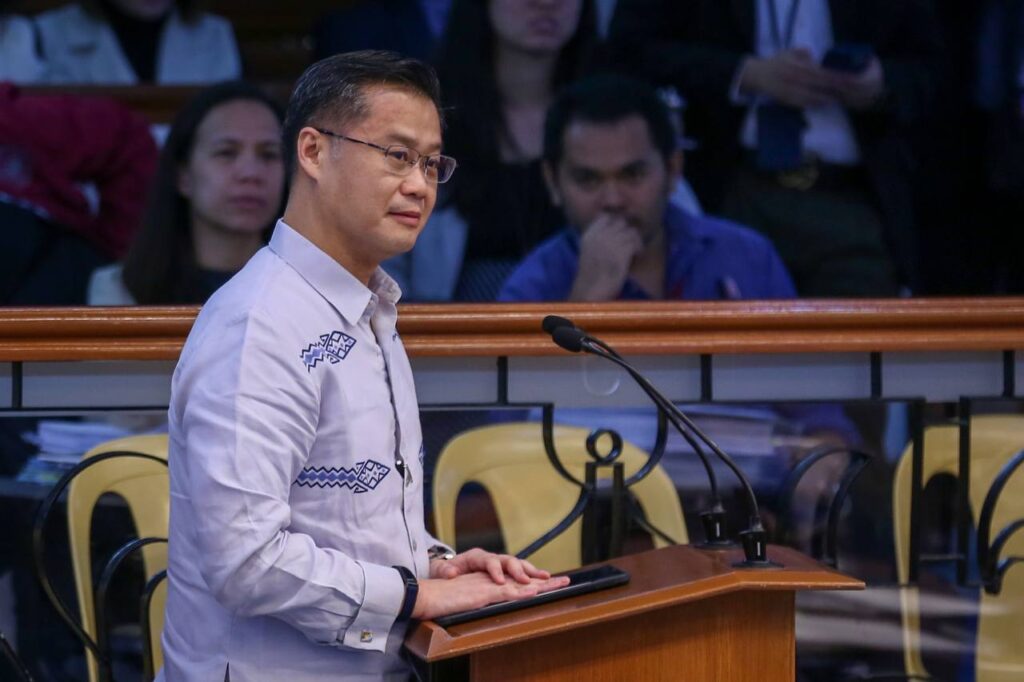While an increase in education spending could help address the country’s education woes to a certain extent, Senator Win Gatchalian pressed that improving the education sector’s performance requires more efficient management of resources.

This comes after a recent study conducted by the Philippine Institute for Development Studies (PIDS) showed that underfunding in education contributes to the country’s low rankings in global education indices.
Gatchalian made an example of Vietnam, a country that is in a similar phase as the Philippines in terms of economic development, but has better performance in the 2022 Programme for International Student Assessment (PISA). Vietnam’s average score (468) was way above the Philippines’ (353), based on 2022 PISA results.
Gatchalian emphasized that in terms of education spending as a proportion of Gross Domestic Product (GDP), there is not much difference between the Philippines (3.8%) and Vietnam (4.06%). The Philippines spends an equivalent of around P55,000 on average per learner every year from Kindergarten until the age of 15. On the other hand, Vietnam spends P69,000 on average per learner every year from Kindergarten from Kindergarten until the age of 15.
“As what Vietnam demonstrated, success in education goes beyond financial investment. The real key lies in efficiency,” said Gatchalian, Chairperson of the Senate Committee on Basic Education.
Even learners from Vietnam’s poorest households scored higher than the Philippines’ overall performance. Learners in the Philippines belonging to the bottom 10% of the Economic, Social, and Cultural Status (ESCS) distribution scored 336 on average, 91 points lower than the average score of Vietnam’s “poorest” 10% of learners, which was at 427.
“While increasing resources for education spending could help our learners, it is equally important to ensure that we are efficiently spending the funds we allocate. We need to learn from our neighbors like Vietnam, where we have similar levels of education spending but learner performance far exceeds ours,” said Gatchalian.


